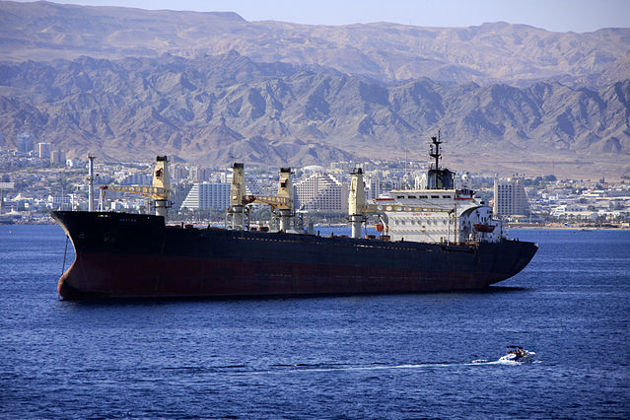Move FM Global News

Undersea cable cuts hit connectivity in Africa, Asia, Middle East
Sep 12, 2025DUBAI, U.A.E.: A ship is believed to have accidentally severed key internet cables in the Red Sea, disrupting online access across parts of Africa, Asia, and the Middle East, experts said this week.
The incident underscores the vulnerability of submarine communication lines. It comes just over a year after a similar disruption highlighted the fragility of these undersea lifelines.
According to the International Cable Protection Committee (ICPC), the Bab el-Mandeb Strait — the narrow southern gateway to the Red Sea that separates East Africa from the Arabian Peninsula — is one of the world’s most critical chokepoints for internet infrastructure. Fifteen international submarine cables run through this busy waterway, carrying vast amounts of global data traffic between continents.
Over the weekend, telecom regulators and providers in several countries reported that multiple cables had been damaged, including the South East Asia–Middle East–Western Europe 4 (SEA-ME-WE 4), the India–Middle East–Western Europe (IMEWE), and the FALCON GCX lines. By September 9, analysts confirmed that the Europe India Gateway (EIG) cable had also been affected, expanding the scope of the disruption.
Early reports suggested the cuts occurred near the Saudi port city of Jeddah, though authorities in the kingdom have not publicly acknowledged any incident. Operators of the affected cables have also remained silent.
John Wrottesley, ICPC’s operations manager, in a statement to the Associated Press, explained that damage from ships dragging anchors is a common hazard in shallow waters. “Roughly 30 percent of cable faults each year are caused by anchors, and those incidents account for about 60 separate breaks.”
Doug Madory, director of internet analysis at the monitoring firm Kentik, echoed that assessment. He said the working theory is that a commercial vessel dropped anchor in the strait and inadvertently dragged it across four separate cables, cutting them. The shallow seabed in this region makes such accidents more likely than in deeper waters.
Submarine cables form the backbone of global internet connectivity, carrying more than 95 percent of international data traffic. While satellites and terrestrial networks provide redundancy, they cannot match the capacity of fiber-optic cables. Internet service providers typically reroute traffic during outages, but the process often slows connections and increases latency.
Madory noted that at least ten countries across Africa, Asia, and the Middle East experienced some level of disruption. Affected nations include India, Pakistan, and the United Arab Emirates.
The Red Sea’s cable routes have also drawn attention due to regional instability. Since the outbreak of the Israel-Hamas war in Gaza, Yemen’s Houthi rebels have escalated attacks on commercial shipping in the area, raising concerns that internet infrastructure could become a deliberate target.
Earlier this year, Yemen’s internationally recognized government accused the Houthis of planning to sabotage submarine cables. Soon after, several lines were severed — possibly by a vessel disabled in an attack — though the Houthis denied involvement.
The latest incident, while apparently accidental, has renewed experts’ calls for stronger safeguards to protect the hidden arteries of the global internet from negligence and conflict.


